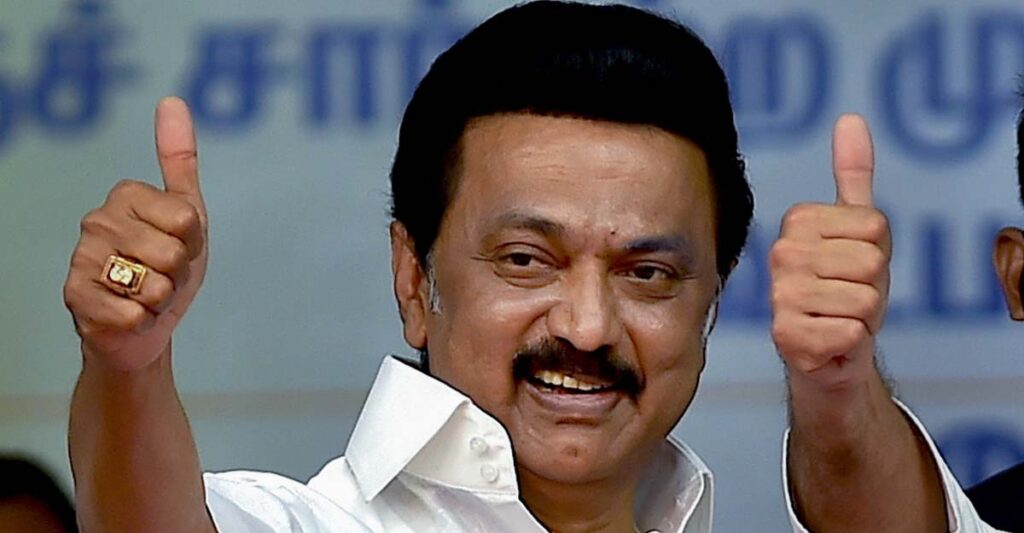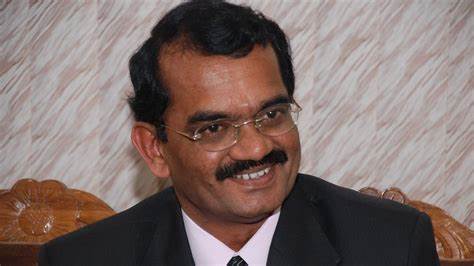Can Tamil Become a Supreme Court Language? Stalin Reignites Debate
Tamil Nadu Chief Minister M. K. Stalin has once again stirred a crucial national conversation—this time demanding that Tamil be allowed as a court language in the Supreme Court of India. The statement, made with conviction, is not just a regional plea but a reminder of India’s linguistic diversity and the long-standing demand for inclusive judicial access across states.
Tamil Nadu CM M K Stalin demands that Tamil language should also be allowed for use, as a court language, in Supreme Court. pic.twitter.com/s5gjAtdxDS
— News Arena India (@NewsArenaIndia) June 16, 2025
At present, English remains the sole language of record and argument in the Supreme Court, creating a clear disconnect for millions of Indians who are not fluent in it. Stalin’s push seeks to bridge this gap, asserting that citizens from non-Hindi and non-English backgrounds—especially in southern India—deserve judicial access in their own language, especially in cases of national importance.
This demand is also politically significant. It reflects the Dravida Munnetra Kazhagam (DMK) party’s consistent stand on federalism, linguistic equality, and cultural autonomy, especially in the face of perceived central imposition of Hindi and English in official domains.
Tamil as a Supreme Court Language: Constitutional Push or Political Statement?
Stalin’s call to allow Tamil in the Supreme Court has reignited the debate around linguistic representation in India’s higher judiciary. Under Article 348 of the Constitution, English is currently mandated for proceedings in the Supreme Court and High Courts, unless Parliament provides otherwise. Some High Courts like those in Chhattisgarh, Rajasthan, and Uttar Pradesh have been allowed to use Hindi alongside English for some proceedings. Stalin’s demand essentially seeks similar accommodation for Tamil at the national judicial level.
The implications are wide-reaching. Legal experts argue that allowing regional languages like Tamil in higher courts can enhance judicial accessibility and strengthen public trust in the justice system. On the other hand, critics warn it could complicate legal uniformity and translation logistics.
Still, the demand has gathered support across regional political circles and civil society, especially in South India. It brings focus to a key question: In a country of 22 official languages, can justice truly be equal if it is delivered in only one?





















